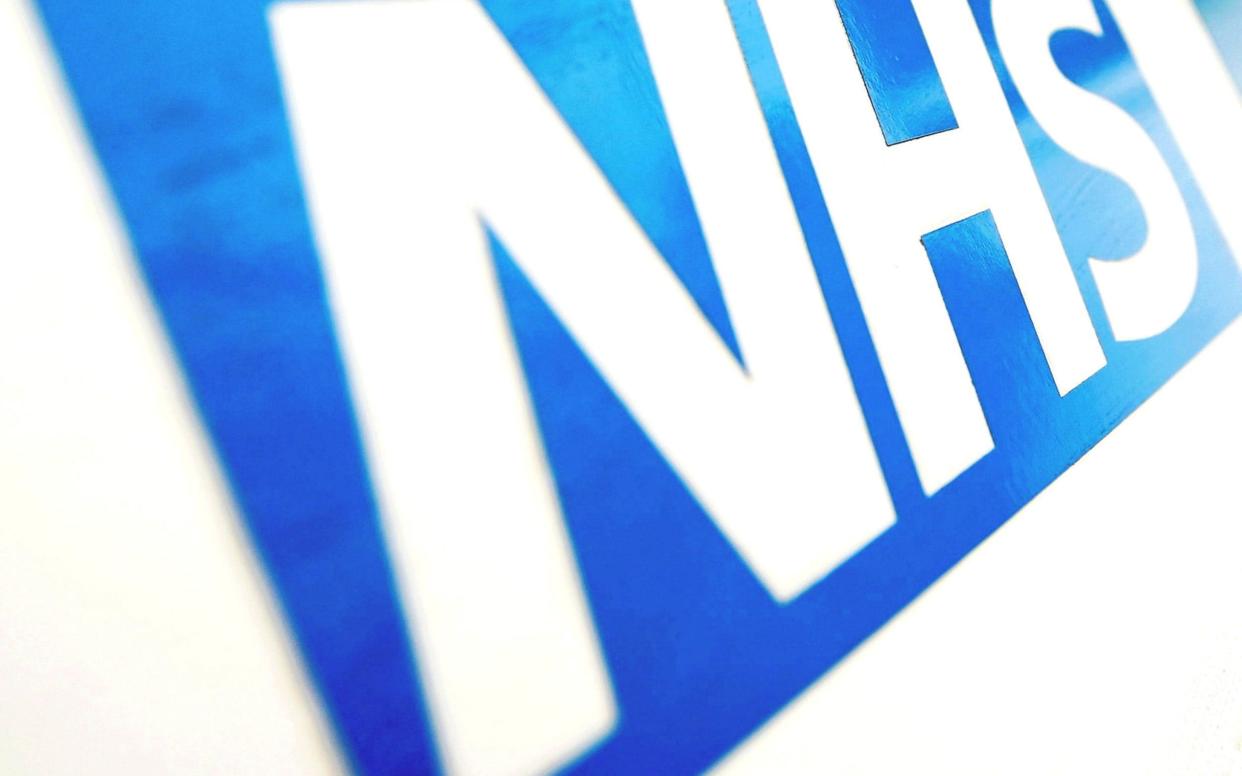Man who threatened to blow up NHS hospitals in extortion plot is convicted by court in Berlin

An Italian living in Berlin has been convicted of extortion after sending bomb threats to the NHS at the height of the pandemic, demanding £10 million in Bitcoins.
Emil Apreda, posed as a far right extremist and threatened to explode a bomb at an unspecified hospital in the UK unless his demands were met.
He sent a total of 18 emails over a six week period and also threatened to blow up a BLM protest and murder members of parliament.
Apreda, who had studied computer science, was eventually tracked by the National Crime Agency to a flat in Berlin and was arrested by armed officers from Germany’s LKA police unit.
Following a ten week trial in Berlin he was convicted of extortion offences and convicted to three years in prison.
But extraordinarily the 33-year-old, who had been on remand since his arrest, was granted bail until the judgement is ratified.
Apreda stood trial in Germany rather than the UK because the authorities feared extradition would be difficult, especially post-Brexit.
Had he stood trial in the UK he could have faced terrorism charges and would have likely been sentenced to 14-years in prison if convicted.
Tim Court, head of investigations at the NCA's National Cyber Crime Unit, said Apreda, who has no known links to the UK, may have targeted the NHS because of its "vulnerability at the time".
He said it was one of the most "significant threats" to UK infrastructure for some time coming at the height of the first wave of the pandemic.
He said: "This occurred in late April, early May. We had seen the collapse or near collapse of the Italian healthcare system under the pressure of the population attending hospitals and, sadly, in America we'd seen a significant rise in far-right extremist activity.
"In that context of a far-right surge, a worldwide pandemic and a vulnerable healthcare system that was valiantly fighting its own battles, we recognised we had to step in pretty quickly and make sure everything that could be done was done."
Apreda sent his first email to the NHS on April 26 last year, with a copy sent to the NCA hours later, threatening to detonate a bomb in an unspecified hospital unless he was paid £10 million in Bitcoin.
In later emails, he identified Black Lives Matter protesters and MPs as targets, making references to the death of George Floyd in Minneapolis and the anniversary of the terrorist murder of MP Jo Cox.
Mr Court said the threat had come in at a time when 1,000 people a day were dying of coronavirus in the country's hospitals.
"For six weeks we're trying to manage somebody who could have been planting a bomb in a hospital somewhere in the UK.
"And even if, as we later found out, he didn't have access to, or the ability to, deploy an IED (improvised explosive device), if that had become public the consequence of people not having the confidence in the NHS was, frankly, unacceptable.”
The National Crime Agency, which led the investigation, used linguistic experts to examine Apreda’s emails.
They concluded they were dealing with a non native English speaking suspect and further technical investigations then led to Germany.
Detectives were initially uncertain whether Apreda was acting alone or if as he claimed he was operating as part of an extreme right wing cell.
Apreda had claimed to be a member of Combat 18, an extreme right wing group, which is active in Germany and the United States.
While not outlawed in the UK, the group has been linked with other banned right wing extremist organisations.
During the investigation it was concluded that Apreda was actually using Combat 18 as a front to pursue extortion against the NHS.
Nigel Leary Deputy Director of the NCA’s National Cyber Crime Unit,: “Apreda made cynical attempts to bring down our health service when it was at its most vulnerable. The impact of this was huge and it’s only right that he faces jail time.
“Protecting the NHS and the public was an absolute priority throughout this investigation and we used all the tools at our disposal to ensure he was identified and brought to justice.
“Apreda carried out his crimes against the UK hidden behind a computer screen in Germany. Cyber crime knows no borders and so our work with international partners is key to tackling it.
“The support of the German authorities, particularly the LKA and BKA, was vital to the successful outcome of this investigation.”
An NHS spokesperson said: “The threat made during the extortion demand significantly added to the pressures on the NHS during the covid pandemic and meant senior leaders and emergency response staff were called on to direct the NHS aspects of the response to this threat.
“The threat and demand was made at a time that hospitals were at their most vulnerable, and could have resulted in significant loss of life.”

